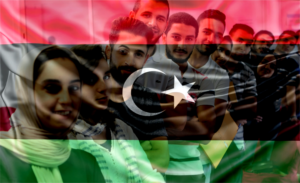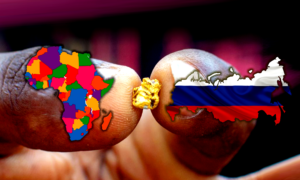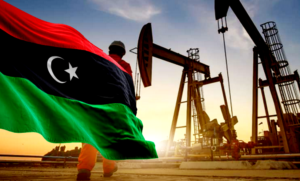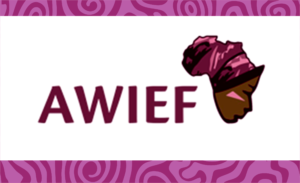Botswana Launches Citizenship-by-Investment Program as Economic Diversification Push Intensifies
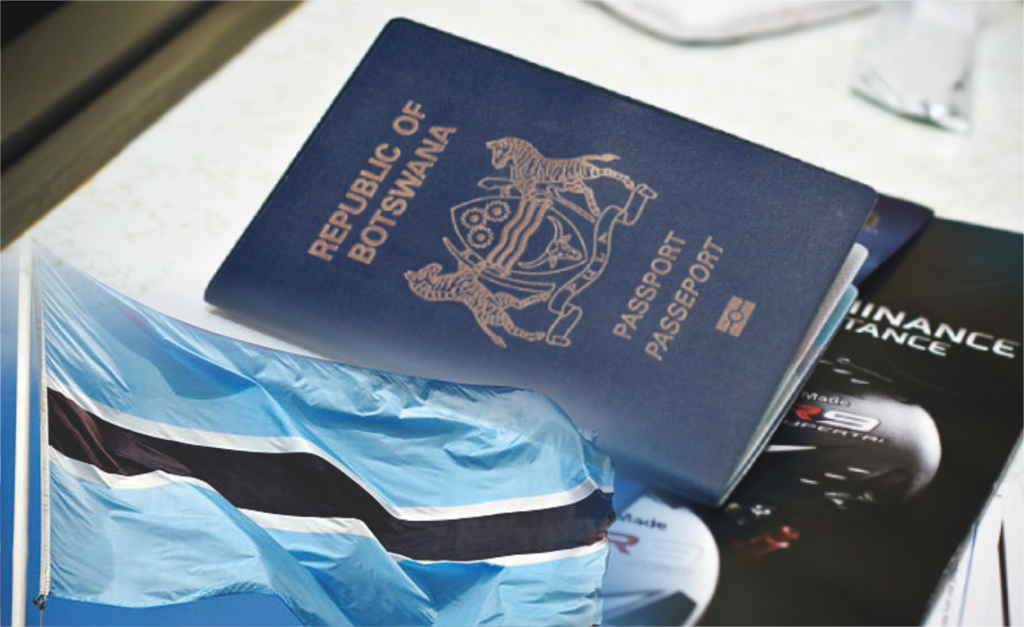
Botswana has announced the creation of a citizenship-by-investment (CBI) program, a strategic move designed to steer the country away from its long-standing dependence on diamonds and toward a more diversified economic model. The initiative, unveiled by President Duma Boko on Friday, underscores both the challenges and opportunities facing southern Africa’s second-largest economy as it grapples with global shifts in commodity markets and mounting domestic pressures.
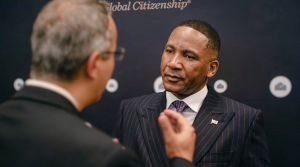
In many years, Botswana’s fiscal stability has been tied to its diamond industry, the world’s largest by value. Yet, with global demand waning and diamond revenues shrinking, the country is experiencing significant budgetary constraints. Botswana’s economy contracted by 3% last year, and forecasts point to further contraction in 2025. This vulnerability has forced policymakers to accelerate diversification strategies, ranging from tourism and renewable energy to mining and financial services.
The new CBI program is intended to generate fresh streams of foreign capital by offering citizenship to investors willing to contribute to priority sectors. The precise investment threshold is still under discussion, but officials indicate that proceeds will target critical areas such as housing, healthcare resilience, and green energy projects. Investment migration consultancy Arton Capital has been retained under a memorandum of understanding to guide the program’s establishment.
“This program will enable us to continue to secure the long-term financial future of Botswana,” President Boko stated, framing the initiative as part of a broader structural shift rather than a short-term fix. The announcement follows the creation of a sovereign wealth fund earlier this year to manage state-owned enterprises and reinvest in growth sectors.
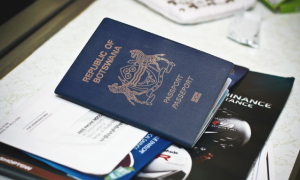
The program’s implications extend beyond economics. By linking citizenship to investment, Botswana enters a regional debate already active in South Africa, where policymakers are weighing similar initiatives to attract global capital while confronting high unemployment and energy insecurity. If successful, Botswana’s framework could redefine the role of smaller African economies in global capital flows, positioning citizenship as both a commodity and a development tool.
Domestically, the move raises questions about inclusivity and equity. While elite investors may benefit from access to citizenship rights, ordinary Batswana face persistent challenges: underfunded health systems, an ongoing public health emergency, and rising household insecurity tied to job losses in the diamond sector. Social critics warn that if funds are not transparently managed, the CBI program could deepen inequality and foster resentment in a country long praised for its relative political stability and strong governance.
Culturally, the initiative may also test national identity. Citizenship in Botswana has historically been tied to community, lineage, and land. Recasting it as an economic asset risks unsettling traditional values and could provoke debates about belonging, integration, and social cohesion.
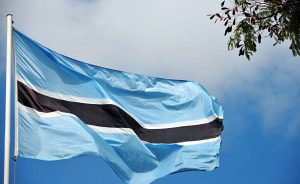
Regionally, Botswana’s experiment will be closely watched. Neighboring South Africa, struggling with sluggish growth and energy shortages, may see the model as a potential avenue for attracting much-needed investment. Yet, across the continent, citizenship-for-sale programs remain controversial, with critics pointing to risks of corruption, money laundering, and weakened national sovereignty.
Ultimately, Botswana’s gamble reflects the delicate balancing act facing resource-dependent economies in an era of global uncertainty: how to protect families and communities from economic shocks while reimagining national development strategies that safeguard both human welfare and cultural integrity.


